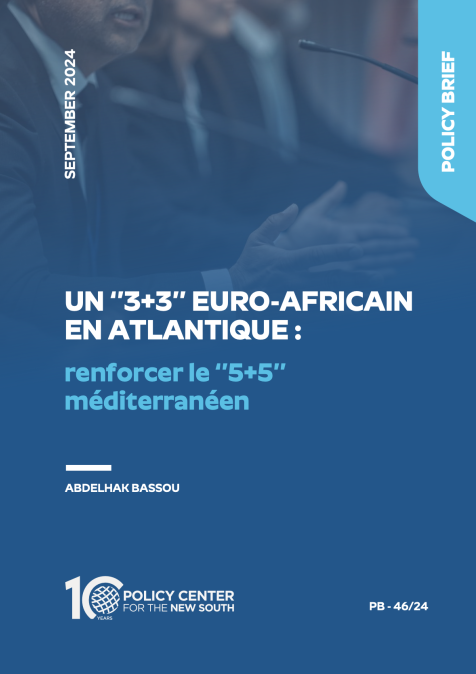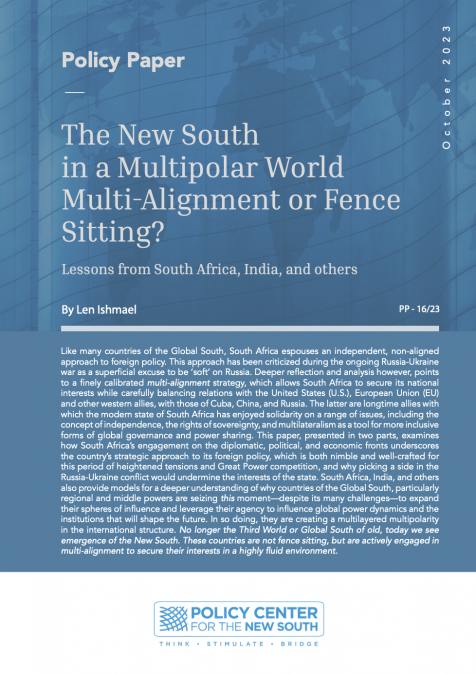Publications /
Policy Paper
The European Neighbourhood Policy (ENP) was initiated in 2003 with regional variations in the south with the Union for the Mediterranean since 2008, and in the east, with the Eastern Partnership since 2009. The aim of bringing together countries as diverse as Egypt and Armenia under the same heading seems bold. The bureaucratic advantage in having a single framework is obviously understandable, but the political relevance is less so. However, the geopolitical unrest in the east and the south have created many uncertainties, both in terms of security and the European Union’s ability to be an influential and leading actor. Hence, the revision of the ENP in November 2015 and the publication of the EU’s Global Strategy in June 2016 to try to refocus European priorities.
They are based around three principles: selectivity, stability, and resilience. First of all, selectivity allows for a greater differentiation in the treatment of partners, particularly according to the willingness of these countries to co-operate with the EU. Then, stability takes on centrality in face of support for democracy; European security concerns have become a priority. Finally, resilience reinforces the idea that stability and security are fundamental principles of the ENP, although this concept remains fairly vague and difficult to export.
Gradually, the ENP is becoming a toolbox. The EU knows, rightly, that it cannot hope to transform all its neighbourhood, either at the same rate, or towards the same horizons. This is why the ENP needs to be based on a clear political framework so that its tools and its relations are governed by guiding principles. The Global Strategy can provide such a framework. The European institutions and Member States must ensure that there is coherence of action. It is all the more important as the ENP has suffered from its technocratic nature for a long time, which disconnected it from the broader foreign policy objectives. Nowadays, there is an opportunity to correct this design fault and to put the ENP at the service of the EU's foreign policy and make it more relevant in the eyes of Member States, who may then invest in it further.









